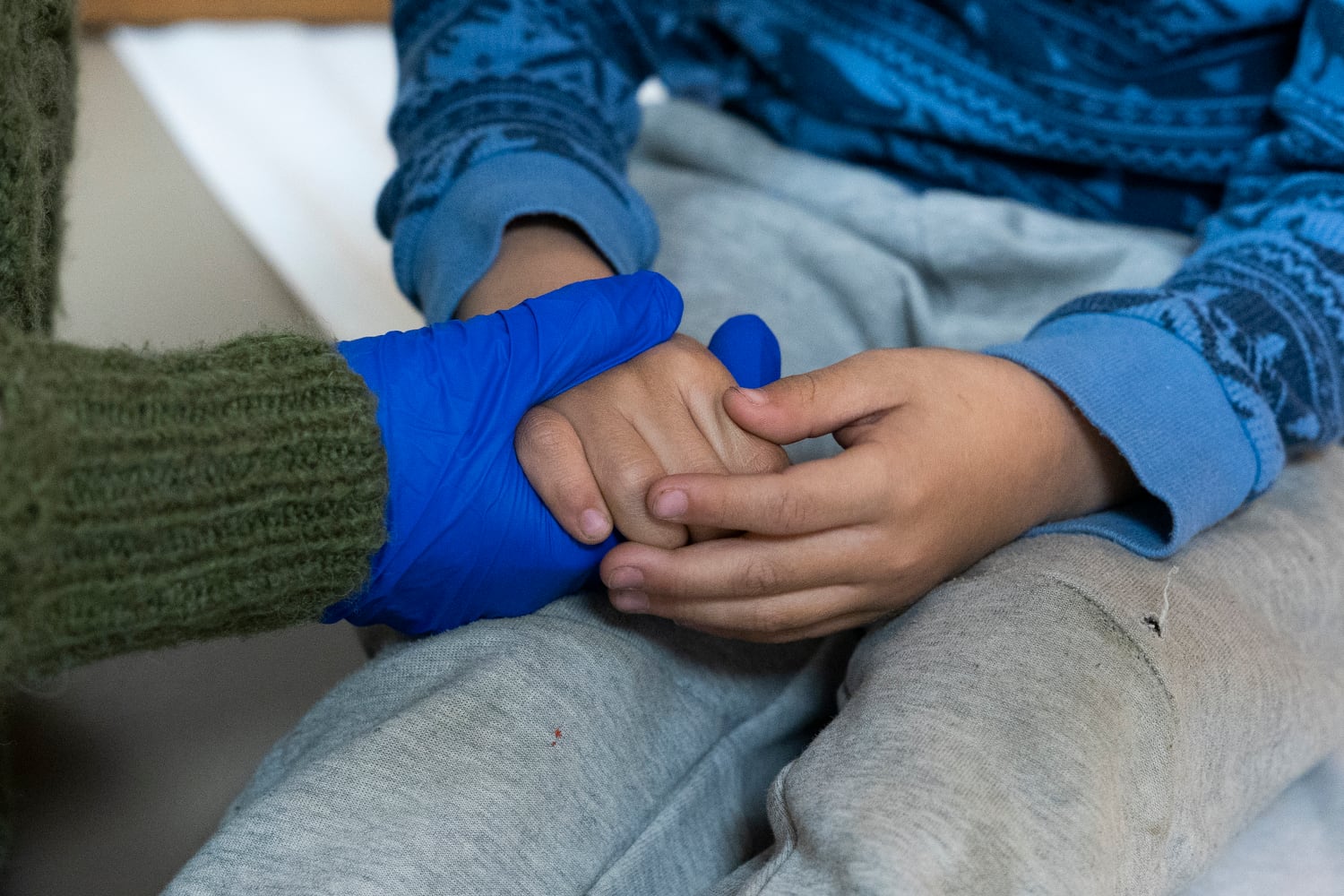Sign up for Chalkbeat’s free weekly newsletter to keep up with how education is changing across the U.S.
Twenty states and the District of Columbia are suing the Trump administration over new rules that would bar undocumented immigrants and some visa holders from programs that provide early childhood education, career and technical education, and health care, among other services.
The lawsuit, led by New York Attorney General Letitia James, argues that the Trump administration didn’t follow the proper procedures in establishing the rules, misinterprets federal welfare law, and puts excessive burden on local programs suddenly expected to verify the immigration status of thousands of people.
The Trump administration announced the change July 10, with the new rules taking effect a few days later, even before the public was allowed to comment. The lawsuit, filed Monday in a federal district court in Rhode Island, is the second legal challenge to the rules. A coalition of Head Start associations and parent groups last week are working to amend their April lawsuit to challenge the new rules.
“For decades, states like New York have built health, education, and family support systems that serve anyone in need,” said James in a press release. “Now, the federal government is pulling that foundation out from under us overnight, jeopardizing cancer screenings, early childhood education, primary care, and so much more.”
In addition to James, the plaintiffs in Monday’s lawsuit include the attorneys generals of Arizona, California, Colorado, Connecticut, Hawaii, Illinois, Maine, Maryland, Massachusetts, Michigan, Minnesota, New Jersey, Nevada, New Mexico, Oregon, Rhode Island, Vermont, Washington, D.C., Washington state, and Wisconsin. A coalition of states with Democratic attorneys general has sued the Trump administration repeatedly.
The lawsuit asks the court to halt implementation of the new rules and declare them unlawful.
Asked for a comment on the lawsuit, Emily Hilliard, a spokesperson for the U.S. Department of Health and Human Services, referred a reporter to the department’s initial press release on the rule change.
The release said the new rules are necessary to “ensure that taxpayer-funded program benefits intended for the American people are not diverted to subsidize illegal aliens.”
At the heart of the new rules is the definition of the term “federal public benefit.”
For decades, programs that fall into this bucket — the Supplemental Nutrition Assistance Program and Medicaid, for example — have been off limits to undocumented immigrants. But a variety of other programs, including Head Start, career and technical education, mental health treatment, and community health centers, weren’t considered federal public benefits and so weren’t restricted in the same way.
The new Trump administration rules reclassified dozens of federally funded programs run by four federal agencies as federal public benefits, essentially closing them off to undocumented immigrants. In his department’s initial press release, Health and Human Services Secretary Robert F. Kennedy Jr. said the change “restores integrity to federal social programs, enforces the rule of law, and protects vital resources for the American people.”
But schools, hospitals, and nonprofit organizations that oppose the new rules fear that barring undocumented immigrants from certain programs will worsen health and education outcomes for those groups and, in turn, burden other parts of the system. These include K-12 schools, which the Supreme Court has ruled must serve students regardless of immigration status, and hospital emergency rooms, which cannot deny emergency treatment.
Some advocates also fear that by requiring checks of immigration status, the new rules will erode trust with the broader immigrant community, even those who are citizens or fall into other categories still entitled to federally funded services. Those categories include legal permanent residents, refugees, and those who’ve been granted asylum or humanitarian parole.
The lawsuit argues that many federal funded programs, such as crisis hotlines or homeless shelters, can’t easily institute immigration verification procedures before service is provided. But it also says vulnerable families and individuals — even if they are citizens — may not have the right paperwork readily available.
“For the first time, millions of people are facing a new demand before they can access the Nation’s most essential programs: ‘show me your papers,’ the lawsuit says.
The federal government has collected more than 200 public comments on the new rules so far, most in opposition.
One commenter noted that every dollar invested in Head Start saves taxpayers $7 in “downstream consequences.” The commenter added: “The fundamental flaw in the logic here is that documented citizens can somehow thrive in a vacuum disconnected from their neighbors and their community (locally and nationally).”
Ann Schimke is a senior reporter at Chalkbeat, covering early childhood issues and early literacy. Contact Ann at aschimke@chalkbeat.org.







